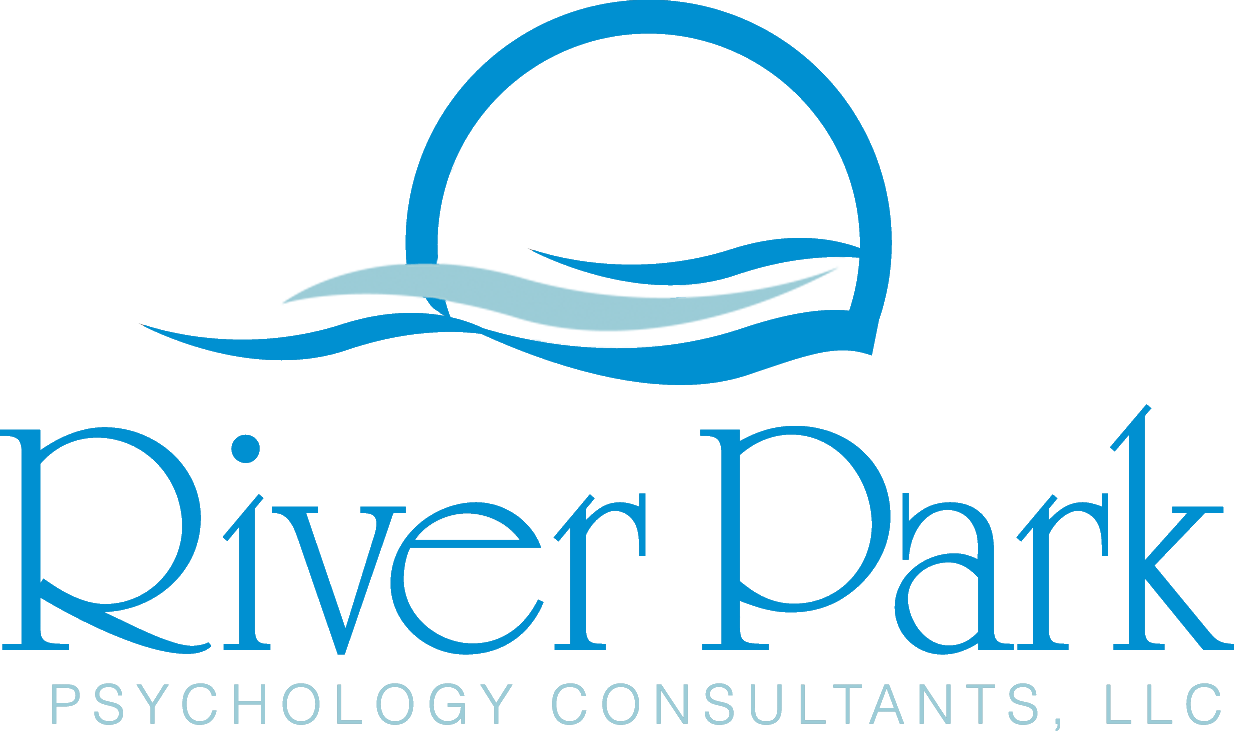How does Neurofeedback work?
Information provided from ISNR, please see https://www.isnr.org/neurofeedback-introduction for more information.
Neurofeedback
Reference Material
- Neurofeedback Overview
This is an excellent, easy read about what to expect from Neurofeedback
Neurofeedback 101 - by Michael P. Cohen
Neurofeedback helps to improve 'brain connectivity', that is, the way that separate parts of your brain talk to each other so that you can accomplish tasks. Check out this video for an explanation: The Brain Connectome Explained
The 'placebo effect' is a real phenomenon, but some observations of the effects of Neurofeedback indicate that Neurofeedback does offer measurable results, not just 'wishing' it would work. From the Neurofeedback Centers of Utah
- ADHD Treatment
- Anxiety improved with Neurofeedback - scholarly article:
This article has some technical terminolgy, but describes how Neurofeedback has been found to help with anxiety.
- Biofeedback
"Biofeedback is the process of gaining greater awareness of many physiological functions of one's own body, primarily using electronic or other instruments, with a goal of being able to manipulate the body's systems at will."
- Children & Neurofeedback
American Association of Pediatric - Neurofeedback
- Depression - treatment with Neurofeedback
- Dyslexia & Learning Disabilities
- Migraines
- Obsessive Compulsive Disorder
While not referring specifically to Neurofeedback, this Wikipedia article nicely outlines how dysfunction in some specific brain regions may produce OCD: Cause of Obsessive Compulsive Disorder
This article shows some nice images of 'under connected' brain regions - which can contribute to OCD: Exploring the Neurobiology of OCD
- Parkinsons
- Peak Performance: For Athletes, Performers, Business, Military
- PTSD
"kids who completed neurofeedback therapy had 11 times greater improvement in self-control than the kids who did not receive the treatment. “We also found that emotion regulation doubled for children who received the treatment.”
In other results, the treatment group was five times less likely to have sleep problems, six times less likely to show impulsivity, and less likely to exhibit dissociative behavior."
PTSD Randomized NF study in adolescents
An important book regarding treatment developmental trauma with Neurofeedback: Neurofeedback in the Treatment of Developmental Trauma: Calming the Fear-Driven Brain
- Research
- Sleep - Scholarly article on Neurofeedback
- Stop Smoking with Neurofeedback
- Traumatic Brain Injury - Rehabilitation through Neurofeedback
Contact Us For Questions About Neurofeedback
Sign up to our newsletter
We will get back to you as soon as possible
Please try again later

